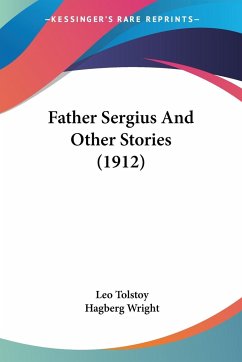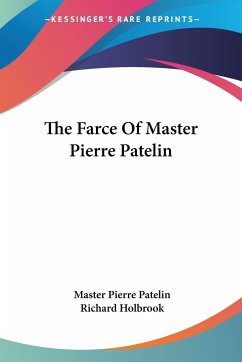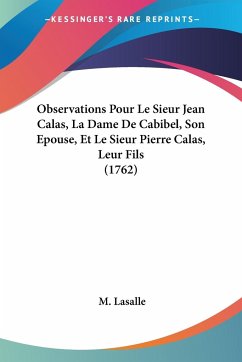Henri Ren Albert Guy de Maupassant was a prominent French author born on August 5, 1850, at Ch teau de Miromesnil in Tourville-sur-Arques, France. Renowned for his mastery of the short story, Maupassant was a leading figure in the naturalist movement, which sought to depict human lives and social conditions in stark, often pessimistic terms. His works frequently explored the darker aspects of life, revealing the complex interplay of human nature, fate, and social forces. Maupassant was greatly influenced by his literary mentors, including Gustave Flaubert, mile Zola, and Honor de Balzac, as well as the philosophical ideas of Arthur Schopenhauer. After studying at the Lyc e Pierre-Corneille and Lyc e Henri-IV, he went on to attend the University of Paris. Maupassant's prolific writing career produced numerous short stories, novels, and essays, many of which reflect his disillusionment with society and the human condition. Some of his most famous works include Boule de Suif and The Necklace. Maupassant s life, however, was marked by personal struggles, and he died prematurely on July 6, 1893, at the age of 42, in Passy, Paris, likely due to complications from syphilis. His legacy as a master of literary realism endures today.














